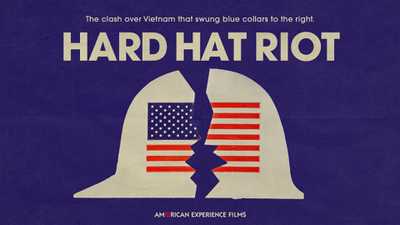Interview Excerpts of Ossie Davis

In these interview excerpts, family and friends remember Malcolm X. Ossie Davis was an actor, playwright, director, and civil rights activist. He gave eulogies for both Malcolm X and Martin Luther King Jr., who both looked to him for friendship and support.
A Missionary
Malcolm, as I said before, had created a lot of excitement in the black community, but also we were aware or felt that it was somewhat dangerous to be too closely associated to Malcolm. He was saying some pretty rough things, particularly about whites. And those of us who wanted to keep peace with the white world — some of us, you know, had our jobs out in the white community — we didn't really want to get too close to Malcolm. Also you must remember that in the '50s, during the "redbaiting" period, everybody had learned to be a little wary of everybody else; ten-foot poles was the style of the social intercourse in those days. But I did have friends who asked me, "Hey man, we saw pictures of you and Ruby with Malcolm X, what's that all about?" And we couldn't answer.
We talked to our brother-in-law, but he wasn't a scholar, he just knew Malcolm and admired him greatly. And we had gone to the mosque, to the restaurant at the mosque, and had met him for lunch and discussed various things and were impressed with him. And we'd ask him questions and we said, "Hey a lot of people, you know, want to know what you really are about, but they're afraid to come to the restaurant or to the mosque, but they're still curious." And he jumped at that, nothing pleased him more than going out to proselytize and to convert. He was a missionary of the first order and any opportunity he had to talk to anybody; he grabbed it.
Street Wit
Malcolm had access to folk humor and street wit, which he used magnificently. And he described often debates and encounters he had with traditional civil rights leaders. And I will leave them nameless but his capacity to imitate; to give you a thumbnail feeling of who they were and where they came from, was devastating. And one of the things he spoke about was about somebody who was so black, "the blackest brother who ever lived." And he went to the man's house and knocked on the door and the brother stepped out and greeted him "blackly," you know, and it was "so black the sun could hardly get into the hallway." And then he introduced him to his wife who was white and blond and Malcolm laughed that the brother had these two different standards of what was beautiful. His humor always had a point, a political point, a cultural point, to help us regenerate ourselves from the degradation he felt that was imposed on us by living in this exploitative society. His humor was never cruel, it was never denigrating in that sense of the word. It always meant to help you get rid of some illusion so you could move on up a little higher.






